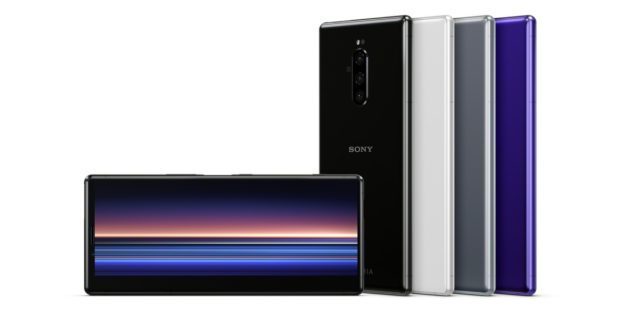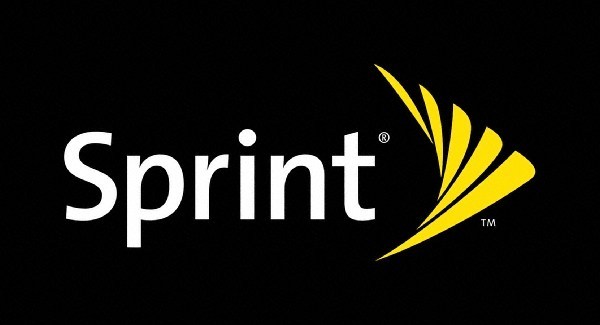A Big Chunk Of Results From Consumer DNA Tests May Not Be Accurate
There are quite a few companies out there selling direct-to-consumer genetic tests, these include the likes of Ancestry.com and 23andMe. A new study concludes that a significant number of DNA results obtained from such tests may not be entirely accurate, up to 40 percent, according to the study.
Most consumer DNA tests use a technique that’s called genotyping to provide information about a person’s ancestry. The results also mention the risk of developing certain disorders and classify the status as a carrier of specific diseases. Customers can also get the raw genotyping data from some companies upon request which they can take to third-party companies for interpretation.
Scientists at Ambry Genetics, which is a diagnostics company that also interprets data from consumer DNA tests, studied raw genotyping data from 49 people. They discovered that 40 percent of the variants that were noted in the raw data were false positives.
That means the result indicated that a particular gene was present when in reality, it wasn’t. Most false-positive calls were linked to those of cancer-related genes. Eight instances were also discovered in which the third-party interpretation services did not understand the variants present.
It is thus advised for people to opt for doctor-ordered genetic tests if they make a surprising discovery in a consumer DNA test as that would be the best way to confirm the results.
A Big Chunk Of Results From Consumer DNA Tests May Not Be Accurate , original content from Ubergizmo. Read our Copyrights and terms of use.




